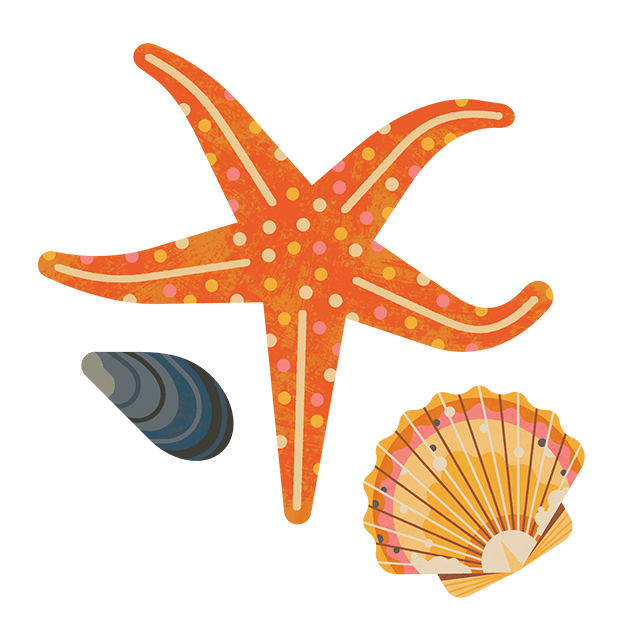
Great British Beach Clean results: UK
Beach litter going down, but plastic still polluting UK shores
PRESS RELEASE
- Marine Conservation Society reveals results of 2021 Great British Beach Clean
- On average, litter found on UK beaches dropping year on year
- 75% of beach litter made of plastic or polystyrene
- An average of just 3 single-use plastic bags found on UK beaches
The Marine Conservation Society’s annual Great British Beach Clean, which took place from 17th - 26th September this year, saw 6,176 volunteers head outside to clear litter from their local streets, parks and over 55,000 metres of UK beaches.
A total of 5064.8kg of litter was collected and recorded over the week by dedicated volunteers and the results are in.
In positive news, the average litter recorded per 100 metres is dropping year on year across the UK. This year, an average of 385 items were found, dropping from averages of 425 in 2020, and 558 in 2019.
Cotton bud sticks moved out of the UK’s top ten most common rubbish items this year, with the number of plastic cotton bud sticks collected being the lowest in the Great British Beach Clean’s 28-year history. This year, an average of 6 plastic cotton bud sticks were found, dropping from 15 in 2020. These decreasing figures are a positive indication that policies are working.
Scotland was the first UK country to ban the manufacture and sale of plastic cotton bud sticks in October 2019. England followed suit last year, introducing a ban on single-use plastic straws, cotton bud sticks and stirrers. It's likely that the drop in numbers found on beaches is, at least in part, as a result of these policies over the last couple of years. The Welsh Government is yet to introduce a ban on plastic cotton bud sticks.
Numbers of single-use plastic bags on beaches have continued to drop, from a high of 13 on average in 2013, down to just 3 in 2021.
Plastic pieces remain the most prevalent form of litter on UK beaches, with 75% of all litter collected being plastic or polystyrene, with an average of 112 pieces found for every 100 metres of UK beach surveyed.
Top five most common litter items on UK beaches (average per 100m)
- Plastic and polystyrene pieces (111.7)
- Cigarette stubs (27.8)
- Crisp and sweet packets, lolly sticks etc (25.9)
- Plastic caps and lids (15.5)
- String/cord (15.3)
With so much beach litter being made from plastic, the Marine Conservation Society is continuing to campaign for ambitious single-use plastics policies which would phase out the manufacture and sale of plastic products in the UK.
Dr Laura Foster, Head of Clean Seas at the Marine Conservation Society: “UK governments’ current piecemeal approach to single-use plastics policy just won’t cut it anymore. While we’re seeing a downward trend in litter on beaches, we’re still seeing huge volumes of plastic washing up on our shores.
“A shocking 75% of all the litter we collected from UK beaches this year was made of plastic or polystyrene, so it’s clear what we need to focus our attention on. Comprehensive and ambitious single-use plastics policies which reduce the manufacture and sale of items is the quickest way of phasing out plastic from our environment.”
Lizzie Prior, Beachwatch Manager at the Marine Conservation Society: “The ongoing downward trend we’re seeing in litter levels on UK beaches is a positive sign that the actions we’re taking at a personal, local and national level are working. But we can’t sit back and relax, now is the time for even more ambitious action.”
The Marine Conservation Society included PPE items on its survey form for the first time this year*, providing a baseline from which to understand the impact and presence of face masks and gloves in the future. Levels of PPE found this year were similar to 2020, when masks were made mandatory across the UK. 32% of UK beaches cleaned found PPE litter though masks ranked 59 out of 121 for most common litter items. Inland, for the charity’s Source to Sea Litter Quest, 80% of litter picks found PPE in 2021, in comparison to 69% found in 2020.
Read more about the Great British Beach Clean, and the Marine Conservation Society’s year-round Beachwatch programme on the charity’s website: www.mcsuk.org.
-Ends-


